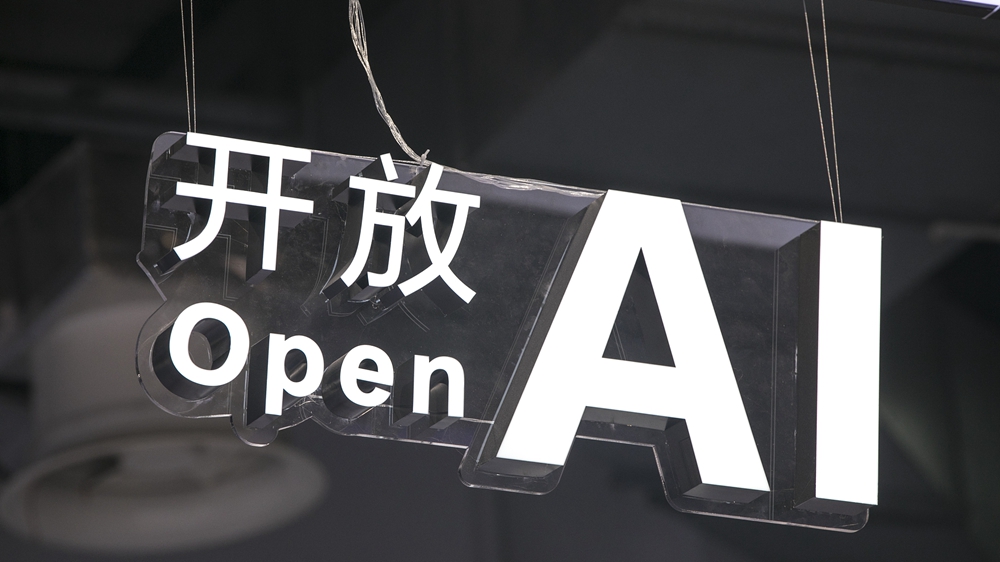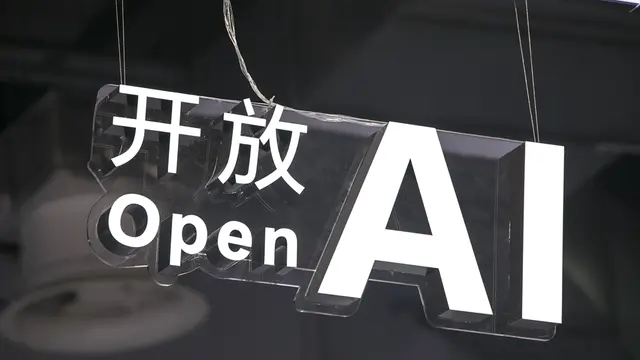
The logo of an exhibitor at the World Artificial Intelligence Conference in Shanghai, China, July 9, 2021. /CFP
China has in recent years enhanced investment in research and development (RD), making it an attractive location for tech startups looking to invest in the country, Australian Broadcasting Corporation (ABC) News reported last week.
Xiong Chang, owner of a UK-based startup, has relocated his business to south China's Shenzhen, known as "China's Silicon Valley," to take advantage of the growing tech sector.
He said parts that would cost thousands of dollars and weeks to manufacture in the U.S. are a fraction of the price and time in Shenzhen.
"This same piece, we can get it back in three days from a factory here and for less than a hundred dollars," Chang was quoted as saying by ABC News.
Chang's company is one of a growing number of tech startups basing themselves in Shenzhen, which developed from a fishing village in the 1980s to a modern metropolis that is now home to many Chinese tech giants including Huawei.
This has much to do with not only China's reform and opening-up, but also the country's efforts in developing science and technology.
However, in recent years, the U.S. has sought to contain China's hi-tech development, according to ABC News.
Former U.S. President Donald Trump banned Huawei's 5G network and cut its access to the Google Android mobile operating system (OS).
But Huawei survived. The Chinese tech company developed its own Harmony OS and started building phones without U.S. microchips, ABC News said.
According to a report published by IPlytics Platform in 2019,
Chinese companies account for nearly 34 percent of worldwide applications
for key patents related to 5G technology, followed by South Korea at 24 percent and the U.S. and Finland with 14 percent each.
Technology blockades and trade conflicts during Trump's term appear to have had little impact on the pace of Chinese innovation in Shenzhen.
"From an engineering or technical standpoint, it's almost like the center of everything that's made in the physical world," American entrepreneur Garrett Winther, who now has a portfolio of 200 startups in the hi-tech hub, was quoted as saying by ABC News.
Refuting a misconception that China is a big "copycat factory," Winther told ABC News that "in reality, there's a lot of expertise, knowledge, understanding."
In 2019, China surpassed the U.S. in the number of global patents it filed for the first time, registering nearly 60,000 patents – 1,000 more than the number of patents the U.S. filed.
To maintain its traditional technological edge, U.S. President Joe Biden months ago unveiled a $330 billion package to strengthen the country's investment in RD, saying "we are in a competition with China and other countries to win the 21st century."
 简体中文
简体中文

